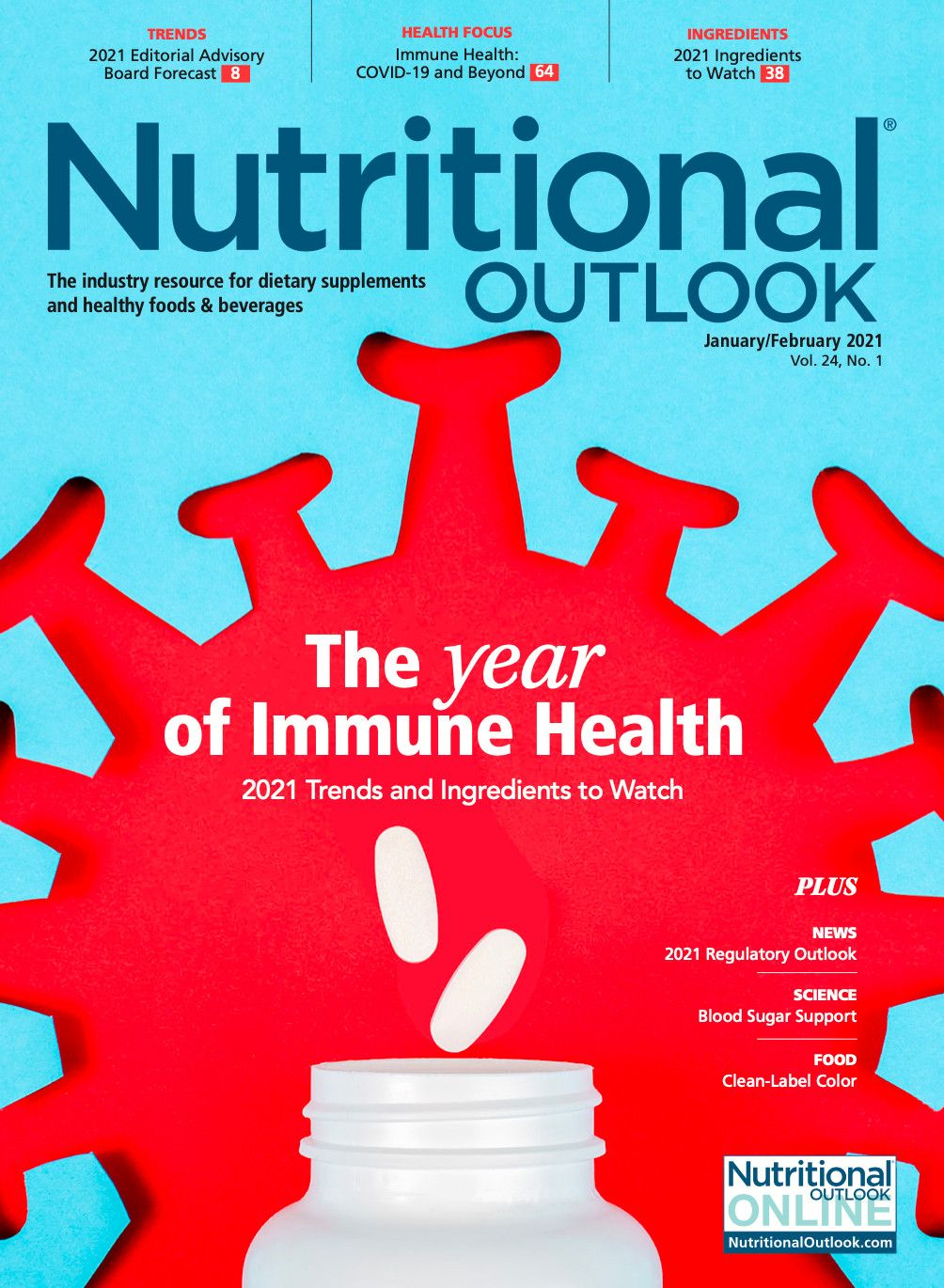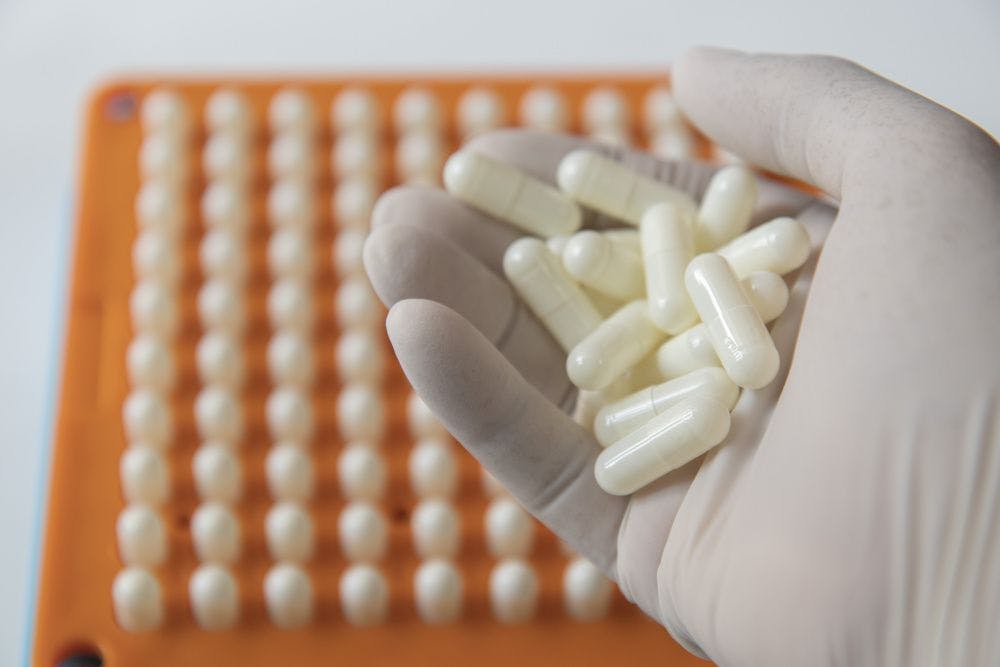How COVID-19 changed the realities of third-party GMP audits
How the pandemic changed the realities of GMP audits and certification
Photo © Aspi13 - Stock.adobe.com

Third-party dietary supplement Good Manufacturing Practices (GMP) certifications are critical components of supplement manufacturers’ business risk–mitigation procedures. Certifications are also an important stabilizer in an increasingly risky global marketplace. But the COVID-19 pandemic and related travel restrictions made onsite GMP audits a challenge during 2020—and the disruption is likely to continue during 2021.
Accredited certification bodies must deliver their certification services in an evenhanded, consistent manner and precisely as the appropriate scheme or program policies require. At the onset of the pandemic in early 2020, it became necessary to evaluate and update program policies, auditing procedures, and implementation of site risk assessments to be able to conduct inspections where needed and where possible. All of these efforts hinged upon the temporary remote audit authorizations from scheme owners and accreditation bodies that were issued throughout 2020, with expiration dates that will require some kind of action or extension due to the ongoing global pandemic in 2021.
While an in-person, onsite audit remains the preferred approach, the reality is that sometimes, and in some places, a remote audit may be the only available option. Since a finding of “not observed” due to an inability to audit required criteria is unacceptable (think physical plant, equipment, grounds, etc.), the pre-audit planning process has lengthened considerably. To ensure the necessary technical capabilities are implemented at each site, dry runs of document-sharing platforms, screen sharing, and video must be performed in advance. These activities significantly expand the duration and cost of pre-audit planning. The technical capabilities of each company vary, and despite pre-audit planning efforts, bandwidth and connectivity issues do not always come up during the dry run.
Innovation, flexibility, and creativity by both auditors and manufacturers is the key to making it work. Innovative solutions are sometimes required. For example, when travel restrictions prevented an onsite audit, and connectivity issues made remote auditing difficult, one company recently hired a professional broadcasting company to live stream video for its remote facility tour to ensure the most vivid picture quality and most effective assessment possible.
During 2021, GMP auditors will continue to face logistical challenges in audit scheduling and execution due to constantly changing domestic and international travel restrictions as well as local and individual facility visitor policy restrictions. Even when these factors line up to permit an onsite audit, unforeseen safety concerns can delay or cancel an onsite audit. In a recent case, an auditor arrived at a location to discover the manufacturer had no masking protocols in place. This halted the audit until an agreement could be reached that respected the needs of all parties and permitted the audit to proceed.
Every individual audit represents a potential conflict between the rights of the individual auditor, the policies of the audited manufacturing location, and the scheme policies, which often require audits to be conducted within a specific time frame and frequency to maintain certification. Significant delays in scheduling can result in policy violations and loss of certification. As always, each of these challenges are overcome by people and partners working together toward shared goals and mutual commitment to continuous improvement and quality.
To add more complexity to the existing logistical challenges, another challenge is looming on the horizon with respect to vaccines. As COVID-19 vaccines become widely available, it is likely some countries may choose to require proof of vaccination for entry. In these cases, and more broadly with respect to managing the additional complexity of factoring in vaccination status, pre-audit planning will continue to be paramount. That aside, all of these challenges are surmountable by the continuing commitment of stakeholders to innovate and be flexible to overcome each challenge as it arises.
Jessica Brozek is global audit delivery manager for NSF International’s Health Sciences Certification program. Brandi Reinbold serves as technical lead for NSF International’s Health Sciences Certification program.

HHS announces restructuring plans to consolidate divisions and downsize workforce
Published: March 27th 2025 | Updated: March 27th 2025According to the announcement, the restructuring will save taxpayers $1.8 billion per year by reducing the workforce by 10,000 full-time employees and consolidating the department’s 28 divisions into 15 new divisions.





















